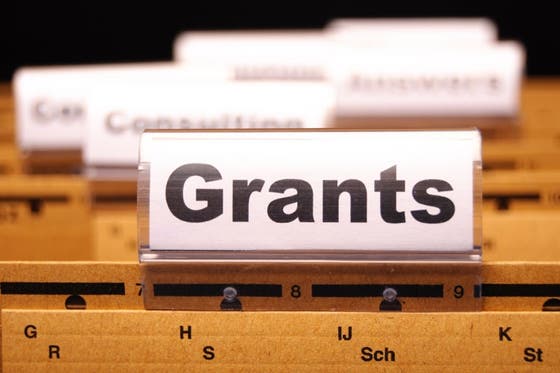UMC Utrecht receives 5 modelling grants on pandemic preparedness

Within the pandemic preparedness knowledge programme, UMC Utrecht researchers, all from the Program Epidemiology of Infectious Diseases at the Julius Center, have received five major ZonMw grants within the grant round ‘Modelling for pandemic preparedness: a call for innovation and knowledge development’. The grant round focuses on knowledge development and innovation of mathematic modelling in the field of pandemic preparedness and infectious disease control.
The awarded projects develop or conduct research on innovative models, products, knowledge and ideas that can enhance modelling capabilities. The aim is that results of the projects can be used for more effective policy in preventing and controlling future pandemics. The five awarded projects - the total amount of the grants adding up to approximately € 2 million, are:
RE-PASS: Pandemic response in schools: multi-scale modelling of societal & health impacts (Ganna Rozhnova)
Schools are hotspots for respiratory pathogen transmission and an important site for action. Measures in schools, such as closures, are controversial because of the negative effects on children's education and well-being and the unclear impact on the course of the epidemic. This project will build an interdisciplinary mathematical model to investigate transmission, interventions and the impact on learning outcomes for multiple pathogens and at multiple levels (classroom, school and community).
The effectiveness of meeting admission tickets as an infection prevention measure (Marc Bonten)
During the COVID-19 pandemic, a model was developed to predict the effectiveness of QR codes on spread of infection. These QR codes were used as entry tickets to meetings and were based on a recent negative SARS-CoV-2 test, or demonstrably passed infection or completed vaccination for COVID-19. This project aims to improve the model, with the aim of better informing policymakers in the future about the effectiveness of this measure.
The influence of clustering on the effectiveness of contact tracing (Martin Bootsma)
When the number of recently infected individuals is low, source and contact tracing (BCO) is potentially one of the most effective infection prevention measures. Existing mathematical models for BCO ignore the fact that transmission occurs on a contact network with clustering, e.g. friends of friends are highly likely to know each other as well. This project will develop models that do include clustering on the contact network.
Predicting immunity to new pandemic viruses (Michiel van Boven)
The impact of pandemics by new viruses on public health varies widely and is partly determined by cross immunity to the new viruses. The aim of this project is to produce antigenic maps of current immune responses against influenza A and corona viruses. These maps will be used to estimate existing immunity in the human population. The impact of cross-immunity at the population level will also be studied using transmission models for immunogenetically heterogeneous host populations.
Control of infectious diseases: modelling decisions and behaviour in social networks (Mirjam Kretzschmar)
Social networks are important for well-being and, at the same time, they also facilitate the spread of infectious diseases. Mathematical models usually do not include the feedback between preventive behaviour, social networks and disease spread. However, these do have a major impact on the effectiveness of interventions, as they influence acceptance. The ConnectioN project will develop a new approach to include health-related decisions and social networks in infectious disease models.
